The ever-increasing rise in addiction to narcotic and psychotropic drugs is one of the most serious problems humanity is currently facing, and the scourge is one of the leading factors behind the rise in the crime rate. Almost every country in the world has spent a large amount of money addressing the problems of drug abuse and illicit drug trafficking.
After arms sales, illicit drug trafficking is the most lucrative business in the world, and drug cartels now have great power and wealth as a result of their activities.
As if dealing with weapons of mass destruction, poverty, global warming, and environmental degradation is not enough, humanity also has to deal with drug addiction.
Drug addiction also breaks up families and leads to other crimes and social ills that are destroying the very fabric of society.
A 2010 United Nations report shows that drug use is shifting toward new psychotropic drugs and new markets. According to the report, the world’s supply of opiates and cocaine is continuing to decline.
Globally, the number of people using amphetamine-type stimulants – estimated at around 30-40 million – is soon likely to exceed the number of opiate and cocaine users combined. There is also evidence of a rise in the abuse of prescription drugs.
At the 17th Special Session of the General Assembly on February 20, 1990, former United Nations secretary general Javier Perez de Cuellar said, “Let us resolve that at this special session of the General Assembly, words lead to action and that this action leads to success. Drug abuse is a time bomb ticking away in the heart of our civilization. We must now find measures to deal with it before it explodes and destroys us.”
With the explosion of the use of psychotropic drugs, it is now clear that Perez de Cuellar’s statement is coming true.
The organized crime networks that distribute drugs are so sophisticated that they have infiltrated every institution of society, such as national cabinets, parliaments, and other centers of power.
However, several months after the victory of the Islamic Revolution in 1979, poppy cultivation was totally banned in Iran. But then drug traffickers began slipping into the country through Afghanistan and Pakistan.
According to the UN Office on Drugs and Crime, Afghanistan accounts for 90 percent of the opium produced in the world, and neighboring Iran is one of the main victims of the illicit drug trade emanating from the country.
The drug problem is currently an international plague that knows no boundaries.
And if Iran had not adopted drastic measures, Europe would have been awash in drugs, but Iran rarely gets credit for its strenuous efforts to combat drug trafficking.
The international community has a great responsibility to wage an all-out war against drug abuse and illicit drug trafficking with the full cooperation of the United Nations.
The drug problem is affecting the entire world, and thus all nations must unite to deal with it, without politicizing the issue. If we do not adopt appropriate policies, as former UN secretary general Javier Perez de Cuellar said, tomorrow will be too late.
AAP
MNA
END

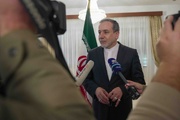
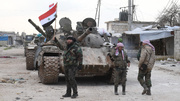

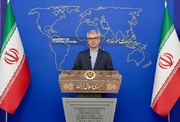
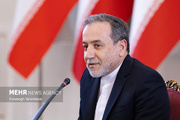


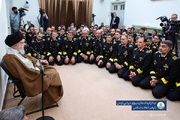
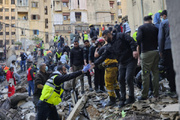



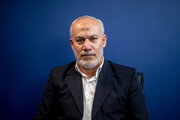
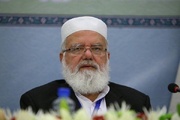


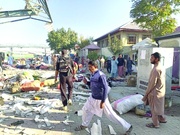
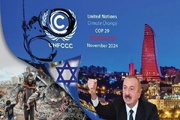
Your Comment